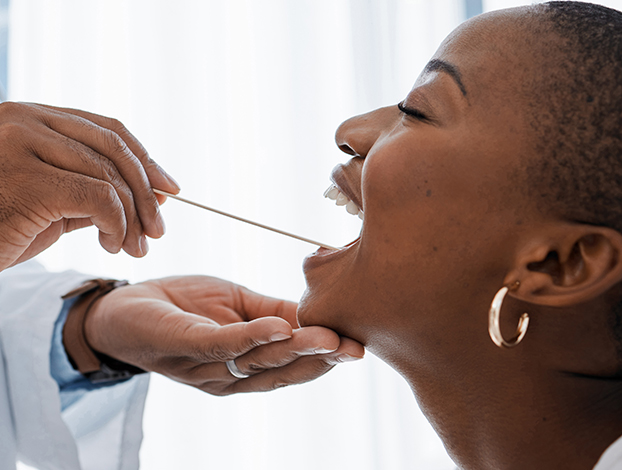Oral Surgery

Surgical procedure for the mouth
Oral surgery can address several different dental issues that have persisted over time. This solution may be able to address any jaw, bone, or teeth irregularities. If you have chronic dental problems that have not responded to non-invasive treatment, oral surgery may be right for you.
Oral surgery is available at Cedar Grove Dental Group in Cedar Grove, NJ and the surrounding area. For many patients, oral surgery is the solution they need after other dental treatments have failed. Call us today at (973) 857-0567 to learn more and schedule an appointment.
Oral Surgery: What You Need to Know
“Because the field may address both aesthetic and functional areas of these regions, there are many different types of oral and maxillofacial surgeries.”
Causes for Oral Surgery
- Tooth Loss: Losing natural teeth can lead to jawbone erosion over time. Dental implants help prevent this by anchoring the false teeth to the jawbone, providing stability and preventing further deterioration.
- Impacted Teeth: Impacted teeth are trapped between the jawbone and gum tissue, often due to improper alignment or failure to emerge fully through the gumline. Dentists usually recommend removing these teeth.
- Orthodontics: Oral surgery may be necessary when braces alone cannot correct malocclusion (a misaligned bite). In such cases, a dental professional collaborates with a surgeon to create a personalized treatment plan for orthognathic surgery (corrective jaw surgery).
“Oral surgery may help with several conditions.”
Getting ready for oral surgery
Having oral surgery can be complex, but following a few simple steps can make it easier. It's important for patients to communicate openly and honestly with their dental professional, asking any questions they may have. Being informed about the procedure can help alleviate any fears.
For those undergoing sedation, it is crucial not to eat or drink anything after midnight the night before surgery to reduce the risk of aspiration. However, a small sip of water to take medication is allowed during the fasting period.
“There is no shame in asking questions. Being informed about what is going to happen and why can do a great deal to assuage any fears.”
Expectations for Oral Surgery
“Many patients find it benefits them to arrive at least 20 minutes early on the day of the surgery, allowing them to complete any paperwork and relax.”
Recovery after Oral Surgery
After oral surgery, patients should plan to rest for the day as the sedative may cause drowsiness that can last all day. It is important to avoid activities that require concentration and refrain from straining to prevent dislodging blood clots and causing bleeding. Patients should keep their heads elevated when lying down.
Following the dentist's instructions for your personalized treatment plan is crucial. If you experience a fever, pus, or worsening swelling and bruising after three days, contact our office immediately.




